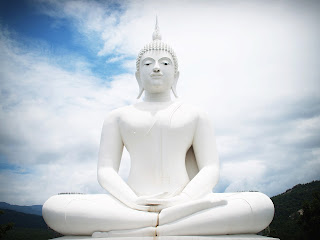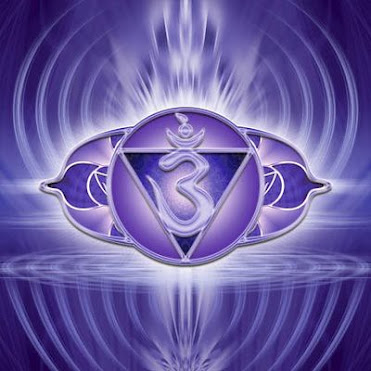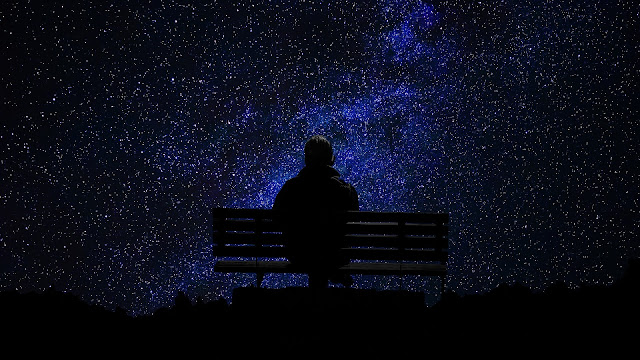Spirituality vs Religion
What is the difference between religion and spirituality? Is religion the same as spirituality? Is spirituality a religion? What are the elements of spirituality? A few questions cross your mind while having a spirituality vs. religion debate in your mind.
Both spirituality and religion are used interchangeably in common parlance.
Religion is typically an organized institution of beliefs, dogmas, rituals, prayers... It is also soaked in mythology and centers around the founding father of the religion. It has roots in faith and is associated with the history of the legends of that faith system. It's objective in its outlook as it's more related to the performance of certain physical acts in the form of rituals. It represents a mass of people who follow and are bound by common elements of faith in their scriptures.
All religions typically have a place of worship and a system of priests. The emphasis is on rituals, ceremonies, festivals, and other outer forms of expression. A typical dress code and color are also associated with formalized religions. They have a sacred book around which the whole system of faith revolves.
Spirituality on the other hand is a quest for the Truth. It is not averse to the elements of the religious faith. Rather, it's more of an individual quest to know the Truth subjectively through personal experiences. They may begin with religious faith but has a deeper inclination for realizing the Truth personally.
Spirituality is more marked by the psychic attributes of the person. It may or may not be associated with any particular form of prayers, place of worship, rituals or ceremonies. Individualistic, bizarre behavior is generally associated with such people. A state of trance, to varying degrees, is a normal occurrence in spiritual persons. Highly spiritual persons invariably have characteristics of foretelling, prophecies, clairaudience, clairvoyance.

The founders of all the great religions in the world today were spiritual beings who had touched the peaks of spiritual Truths within. Out of compassion for the masses, they spoke the truth and instructed people to realize the Truth themselves. These instructions and teachings became organized in time and took a concrete shape as different religions as we see them today.
The founding fathers of all religions were not born in that religion. They realized the Truth in their own way and spoke of their spiritual visions unknown to the people of their times. Their teachings, gospels, and discourses were later compiled out of great respect for those great souls. This entire bouquet of teachings, discourses, history took the shape of a particular religion.
Religions thus offered a sense of direction in the form of ethics, morality, social behavior, rituals... to realize the same Truth as the founding fathers had. Religion as such is not different or in any way contradicts spirituality. Rather its basic purpose is to make the followers more human and spiritual in their worldly life. It's a path for masses who have no serious quest or taste of the Truth in their own lives. It mainly serves to tame and evolve the beast in the man to a higher level of existence.
Religion and spirituality, thus, complement each other. Religion gives a sense of direction to the masses on the spiritual path. Spirituality , working at the individual levels, acts as a catalyst to intensify the desperation for realizing the Truth.



Comments
Post a Comment
I'll appreciate your comments and would respond ASAP.